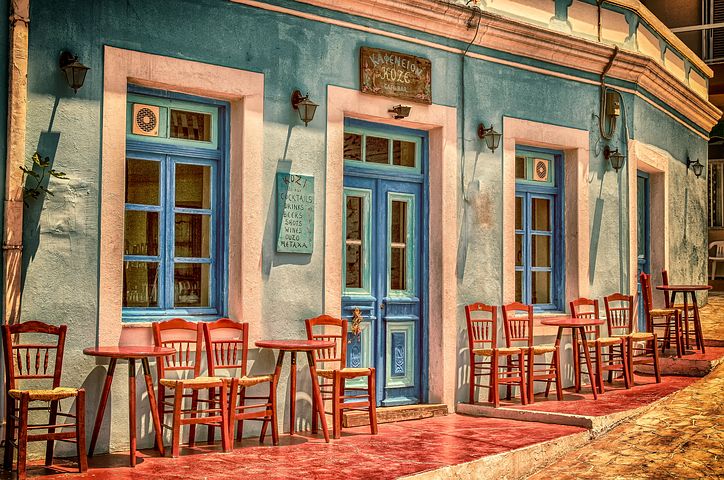Hospitals rapidly approached capacity across the Sunbelt, and the Miami area closed indoor dining at restaurants and gyms again because of the surging coronavirus, as the U.S. emerged from a Fourth of July weekend of picnics, pool parties and beach outings that health officials fear could fuel the rapidly worsening outbreak.
The see-saw effect “restrictions lifted, then reimposed after a resurgence of cases” has been seen around the US in recent weeks and is expected again after a long holiday that saw party-goers and sunbathers gathering, many without masks, on one of the biggest weekends of the summer.
Confirmed cases are on the rise in 41 out of 50 states plus the District of Columbia, and the percentage of tests coming back positive for the virus is increasing in 39 states.
Florida, which recorded an all-time high of 11,400 cases Saturday and has seen its positive test rate over the past two weeks reach more than 18%, has been hit especially hard, along with other Sunbelt states such as Arizona, California and Texas. In Florida’s Miami-Dade County, population 2.7 million, Mayor Carlos Gimenez issued an emergency order closing restaurants and certain other indoor places, including gyms and vacation rentals, seven weeks after they were allowed to reopen.
“We want to ensure that our hospitals continue to have the staffing necessary to save lives,” Gimenez said in a statement. Hair salons and stores will remain open along with hotel pools and summer camps.
Beaches will reopen on Tuesday after they being closed over the weekend. “But if we see crowding and people not following the public health rules, I will be forced to close the beaches again,” the mayor warned.
Hospitalizations across the state have been ticking upward, with nearly 1,700 patients admitted in the past seven days compared with 1,200 the previous week.
Five hospitals in the St. Petersburg area were out of intensive care unit beds, officials said. Miami-Dade said it has more than 1,600 coronavirus patients now in the hospital, more than double from two weeks ago. Miami’s Baptist Hospital had only four of its 88 ICU beds available.
“If we continue to increase at the pace we have been, we won’t have enough ventilators, enough rooms,” said Dr. David De La Zerda, a respiratory specialist at Miami’s Jackson Memorial Hospital.
Officials in Texas likewise said hospitals are in danger of being overwhelmed.
Hospitalizations statewide surged past 8,000 for the first time over the July Fourth weekend, a more than fourfold increase in the past month. Houston officials said intensive care units there have exceeded capacity.
Along the border with Mexico, two severely ill patients were flown hundreds of miles north to Dallas and San Antonio because hospitals in the Rio Grande Valley were full.
In Arizona, the number of people hospitalized with COVID-19 topped 3,200, a new high, and hospitals statewide were at 89% capacity.
Confirmed cases surpassed 100,000, and more than half of those infected, or over 62,000, are under 44 years old, state health officials said.
Around the country, health officials have warned that the surge is being driven in large part by younger people who are disregarding the social distancing rules and that they could easily spread the virus to older, more vulnerable people, such as their parents and grandparents.
The coronavirus is blamed for over a half-million deaths worldwide, including more than 130,000 in the U.S., according to the tally kept by Johns Hopkins University.











